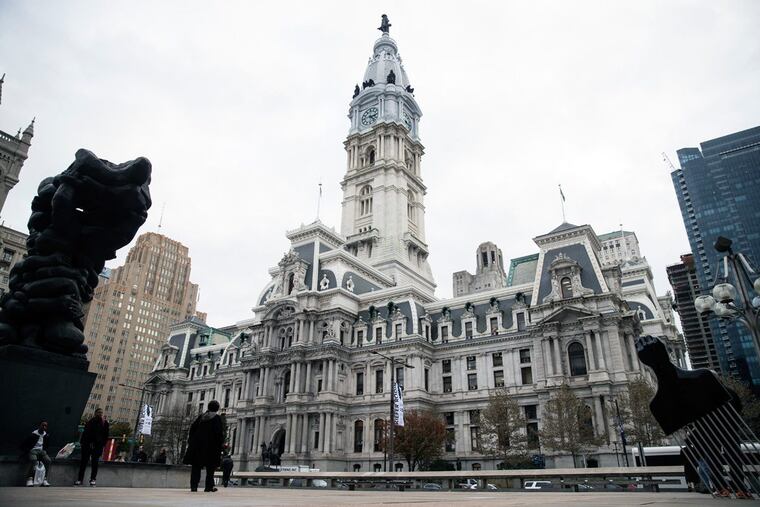Mayor Kenney's proposed tax hikes: What you need to know
The mayor is expected to propose increases to property taxes and the real estate transfer tax, as well as a freeze on the city's wage tax. Here's what that means.

On Thursday, Mayor Kenney unveiled his latest budget proposal, which would use tax hikes to generate new funding for city schools. Here are some basics on what we know:
Which taxes would increase under Kenney’s plan?
The mayor called for increases in property taxes and the real estate transfer tax. He also proposed slowing the scheduled reduction of the wage tax.
Why is the mayor proposing tax increases?
Kenney announced in November that the city would take back control of the city's public schools, and he promised to fully fund them.
The School District has projected a budget deficit of $105 million for the 2018-19 school year, and Kenney said last fall that he would find the resources to cover that gap. His budget address Thursday included an additional $980 million in funding for the School District over the next five years.
How often does the city raise property taxes?
During former Mayor Michael Nutter's two terms, City Council voted four times to increase the property tax rate. The property tax would increase by 6 percent under Kenney's proposed budget. That increase would mean an additional $95 in taxes for the typical homeowner, officials said, and would generate an additional $475 million over five years.
Philadelphia is also exempt from a state law that requires revenue-neutral reassessments of property, which means that the city can change property assessments and bring in more real-estate tax revenue as a result.
What does the proposal mean for people who pay the city wage tax?
The wage tax, currently set at 3.8907 percent for residents of Philadelphia and 3.4654 percent for people who live elsewhere but work in the city, is currently scheduled for annual reductions.
Kenney would slow the pace of annual cuts. He would reduce the tax for residents to 3.84 percent in the next five years, instead of the reduction to 3.7 percent laid out in the existing schedule. That adjustment would generate an additional $340 million over five years, according to budget estimates.
What would a hike in the real estate transfer tax mean?
The city imposes a 4.1 percent levy on the sale price or assessed value of the property. Of that amount, 3.1 percent is taxed by the city and 1 percent by the state. Council voted last year to increase the rate by 0.1 percentage points.
Kenney proposes an additional increase of 0.35 percentage points, which would bring the total tax to 4.45 percent. City officials said that would generate an additional $66 million over five years.
The tax has been controversial. After taxpayers successfully challenged a 63 percent hike imposed in 1988, the city was forced to refund $25 million.
Could the 10-year tax abatement be changed or eliminated to raise money?
Council President Darrell L. Clarke has said that he would like to revisit the abatement program, which allows property owners to avoid taxes on new construction or improvements for 10 years.
Opponents say that the abatement amounts to a tax break for the wealthy and that the city is missing out on revenue, but supporters say it boosts development. Clarke's stance could mean that the abatement will become part of the budget debate this year.
What’s next?
Kenney shared details in his budget address to Council on Thursday morning. Council will hold hearings on the budget, make suggestions, and debate changes. Council must pass a final budget before the 2019 fiscal year begins in July.